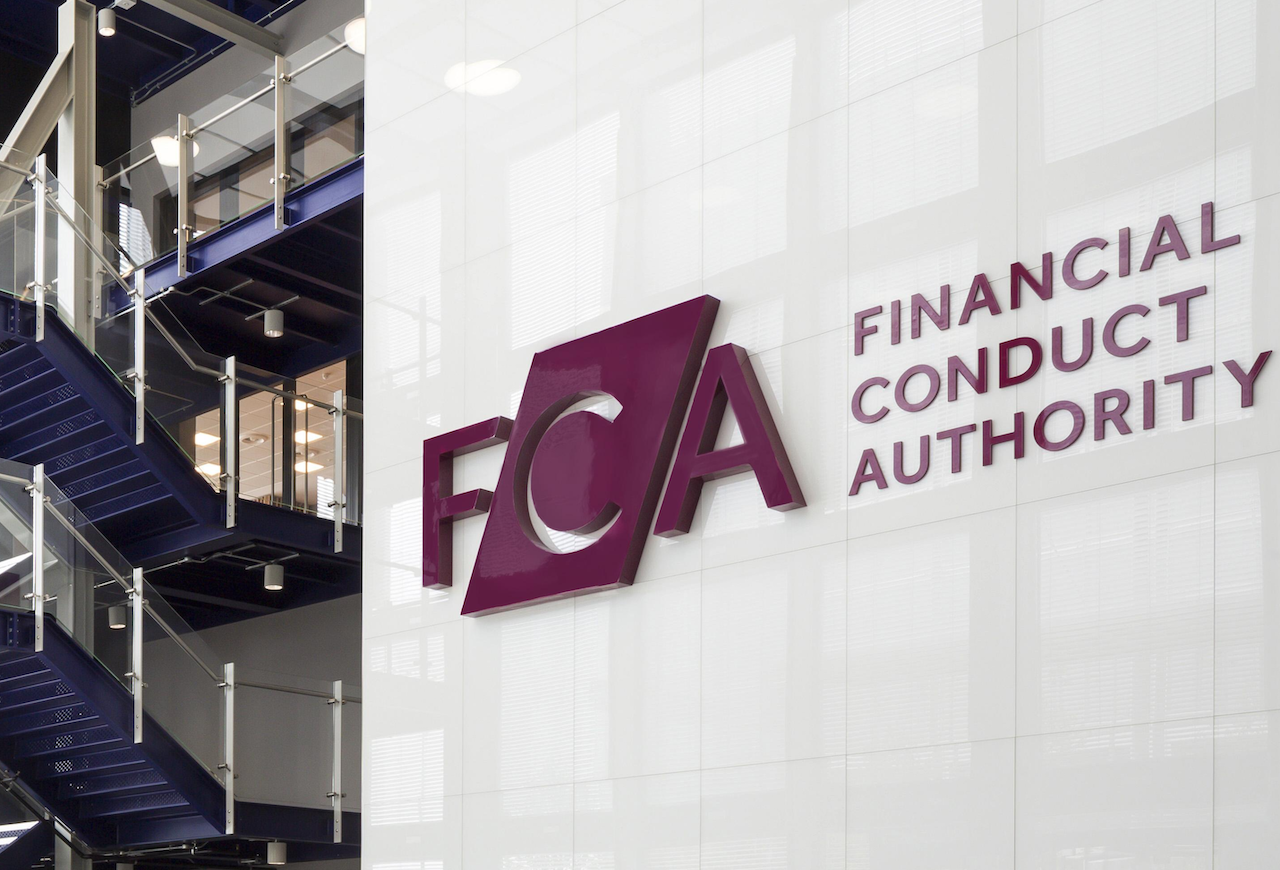Introduction
The Financial Conduct Authority (FCA) in the UK has proposed a new regulation that would require mandatory Diversity, Equity, and Inclusion (DE&I) disclosures from companies in the finance sector. While the intention behind this proposal is to promote transparency and accountability, it has raised concerns within the industry. In this article, we will explore the key concerns raised by the finance sector regarding the FCA’s mandatory DE&I disclosures proposal and the potential impact it may have on businesses.
The FCA’s Proposal
The FCA’s proposal aims to improve diversity and inclusion within the UK finance sector by mandating companies to disclose their DE&I metrics. This would include information on gender, ethnicity, and other diversity-related factors within the workforce and at senior management levels. The FCA believes that these disclosures will provide investors and stakeholders with valuable insights into a company’s commitment to DE&I and help drive positive change within the industry.
Concerns Raised by the Finance Sector
1. Data Privacy and Security

One of the primary concerns raised by the finance sector is the potential risk to data privacy and security. Companies fear that sharing sensitive DE&I data publicly could expose them to cyber threats and data breaches. With the increasing frequency of cyberattacks, safeguarding sensitive information has become a top priority for businesses. Therefore, companies are apprehensive about the potential consequences of disclosing DE&I data without adequate safeguards in place.
2. Competitive Disadvantage
Another concern raised by the finance sector is the fear of creating a competitive disadvantage. Companies worry that disclosing their DE&I metrics may expose them to scrutiny and comparisons with their competitors. This could potentially impact their reputation and standing within the industry, especially if their metrics are not on par with industry benchmarks. Some argue that companies should have the freedom to address DE&I internally without the pressure of public disclosure.
3. Lack of Standardization
The lack of standardized metrics for measuring DE&I is another significant concern within the finance sector. Companies argue that without clear guidelines and benchmarks, it would be challenging to compare and evaluate DE&I performance across different organizations. This lack of standardization may lead to inconsistent reporting practices and make it difficult for investors and stakeholders to make informed decisions based on the disclosed data.
4. Administrative Burden
The finance sector also raises concerns about the administrative burden associated with gathering and reporting DE&I data. Companies argue that the additional resources required to collect, analyze, and report this information could divert their focus and resources away from core business activities. This administrative burden could be particularly challenging for smaller firms with limited resources, potentially creating an uneven playing field within the industry.
5. Unintended Consequences
There is a concern among some industry experts that the mandatory DE&I disclosures could have unintended consequences. They argue that companies may feel pressured to prioritize meeting disclosure requirements over actual improvements in DE&I practices. This could lead to a “tick-box” approach where companies focus on meeting minimum disclosure standards without making meaningful changes to their organizational culture or policies.
Potential Impact
The finance sector believes that the FCA’s mandatory DE&I disclosures proposal could have several potential impacts on businesses and the industry as a whole. These include:

- Improved Accountability: By mandating DE&I disclosures, the FCA aims to hold companies accountable for their diversity and inclusion efforts. This could encourage companies to take concrete actions towards improving DE&I within their organizations.
- Increased Transparency: Public disclosure of DE&I data would provide investors and stakeholders with greater transparency into a company’s diversity and inclusion practices. This could lead to better-informed investment decisions and increased trust in the finance sector.
- Enhanced Reputation: Companies that excel in DE&I practices could benefit from enhanced reputation and brand image. Demonstrating a commitment to diversity and inclusion could attract top talent and loyal customers who value organizations that prioritize social responsibility.
- Driving Change: The mandatory DE&I disclosures could serve as a catalyst for change within the industry. By highlighting disparities and encouraging companies to address them, this proposal may drive meaningful progress towards a more diverse and inclusive finance sector.
Conclusion
While the FCA’s proposal for mandatory DE&I disclosures in the UK finance sector aims to promote transparency and accountability, it has generated concerns within the industry. Companies worry about data privacy, competitive disadvantage, lack of standardization, administrative burden, and potential unintended consequences. However, they also acknowledge the potential positive impact of enhanced accountability, transparency, reputation, and driving change. As the debate continues, it is crucial to find a balance between promoting DE&I and addressing the legitimate concerns raised by the finance sector.
